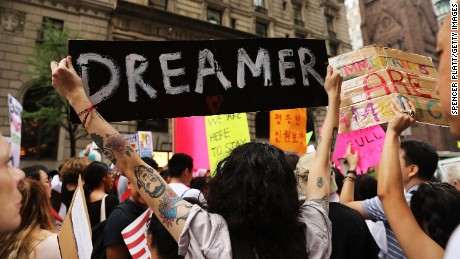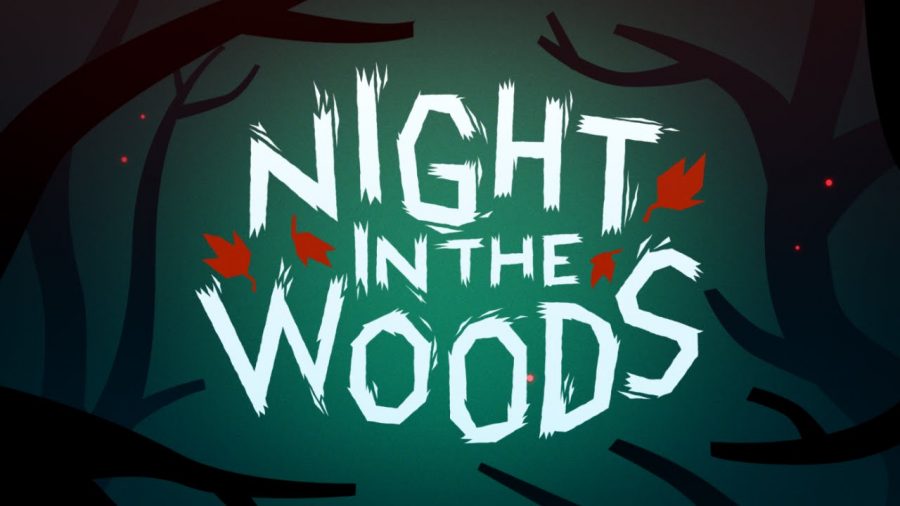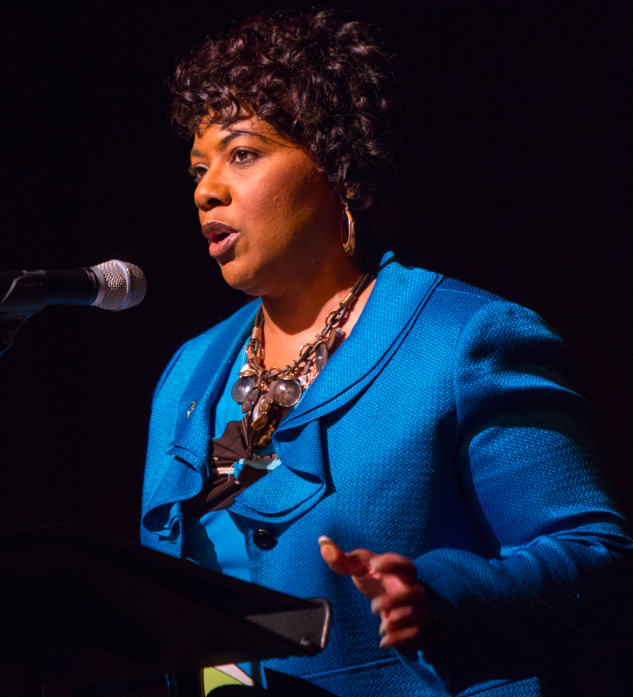By Julia Taliesin
Staff Writer

A short visit to Belfast was all it took to witness the lasting division and tension still present between communities in Northern Ireland.
This was the first time I was exposed to the conflict; I never learned about it in classes and, since the violent conflict ended when I was a young girl, I didn’t read about it in the news. I was shocked to see two communities of almost identical racial and economic backgrounds so deeply divided.
The conflict itself has roots hundreds of years ago in the British imperial presence in Ireland and the ensuing labor exploitation, as well as the Protestant British influence in a largely Catholic country.
When Ireland was fighting for independence, there were several counties in the north that wanted to remain part of the United Kingdom. The Catholic, nationalist, republican group wanted a united Ireland, and the Protestant, unionist, loyalist group wanted to remain British.
A unionist majority in many of these counties meant that Ireland was split, and Northern Ireland remains a part of the United Kingdom to this day.
Unionist government oppression of working class Catholic communities was significant in fostering violent conflict.
Violence plagued the country, especially in Belfast and Derry/Londonderry (the site of the infamous Bloody Sunday); thousands were killed on both sides.
While a peace agreement stopped the overt violence in the late 1990s, there is still evidence of the conflict everywhere.
Fifty-foot walls still divide working class Catholic/Protestant communities in certain neighborhoods of Belfast, and the residents of these communities do not want the walls to come down.
Even where there are no walls, many neighborhoods are clearly divided into Catholic and Protestant areas. This residential segregation is only the beginning; the conflict carries on to new generations through the blatant educational segregation.
Over 95% of children attend sectarian schools, either the private Catholic schools or the state Protestant schools.
The number of integrated schools is growing, but remains relatively low overall. Because of this, children can go their entire young life without interacting with someone from the other side; oftentimes university is the first time they are exposed to people from other communities.
Even though younger generations are less directly impacted by the former violence, they still live in a divided country, making it personal for them, as well.
The murals and memorial gardens on both sides, remembering the fallen and the violence of the time, also keep the conflict fresh in the minds of everyone living in these areas.
This is important to keep in mind as Brexit begins to take affect throughout the United Kingdom. Currently, there is a loose border between Ireland and Northern Ireland; you don’t notice when you cross over, and there are no checkpoints.
In Northern Ireland, people are allowed to obtain two passports, both British and Irish. People fear that the possible establishment of a hard border between Ireland and Northern Ireland will encourage more fighting.
A recent Northern Irish political development also affects this: as of the March elections, the nationalist political party Sinn Féin is no longer a minority under the unionist party, the Democratic Unionist Party. Sinn Féin is the party that supports a united Ireland, and their increased representation could mean changes under their leadership.
It hasn’t been too long since the conflict left thousands dead, and created lasting segregation and political polarization.
This conflict is still fresh and simmering, and it is important that the policies implementing Brexit or pushing a nationalist agenda do not instigate more violence.



















